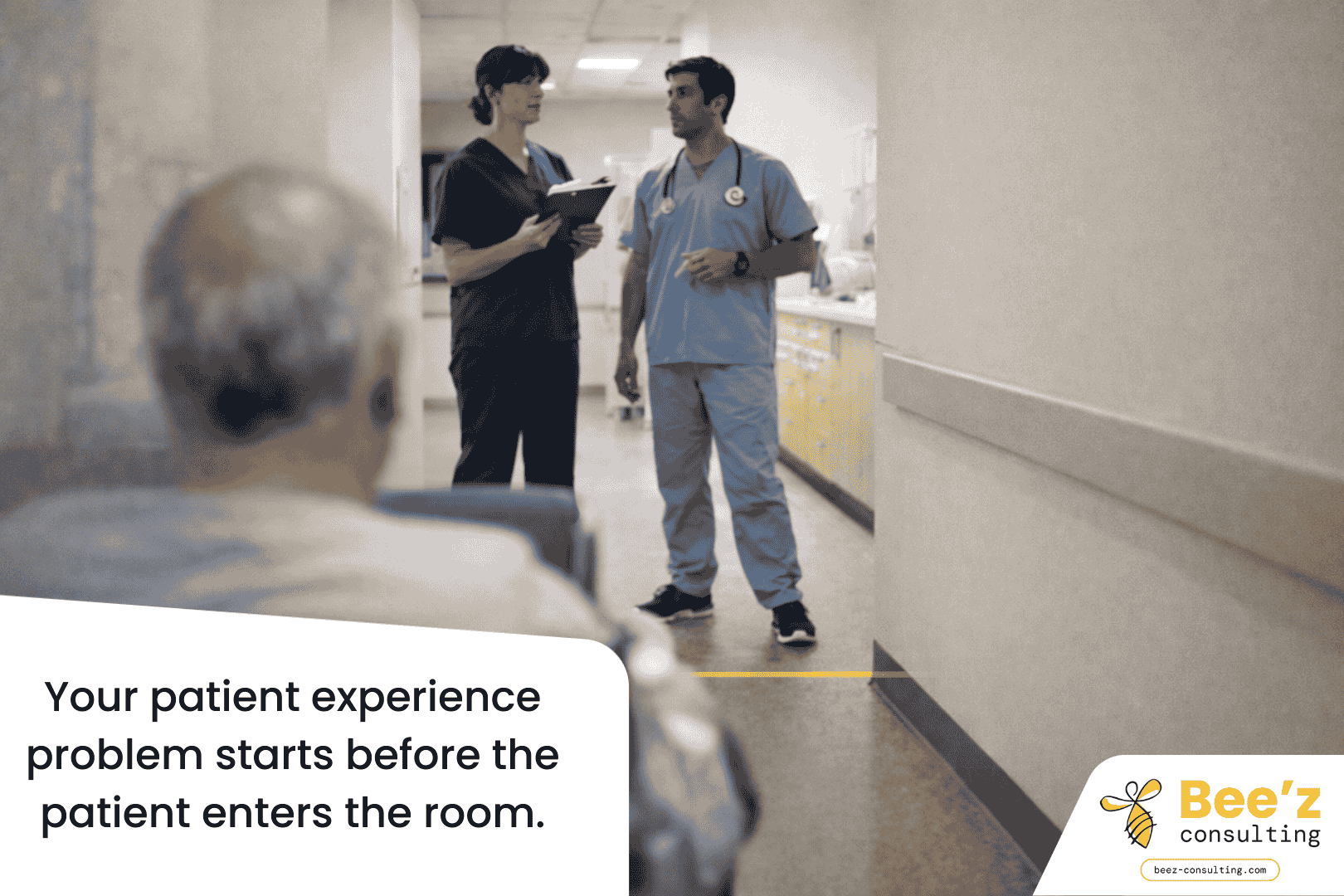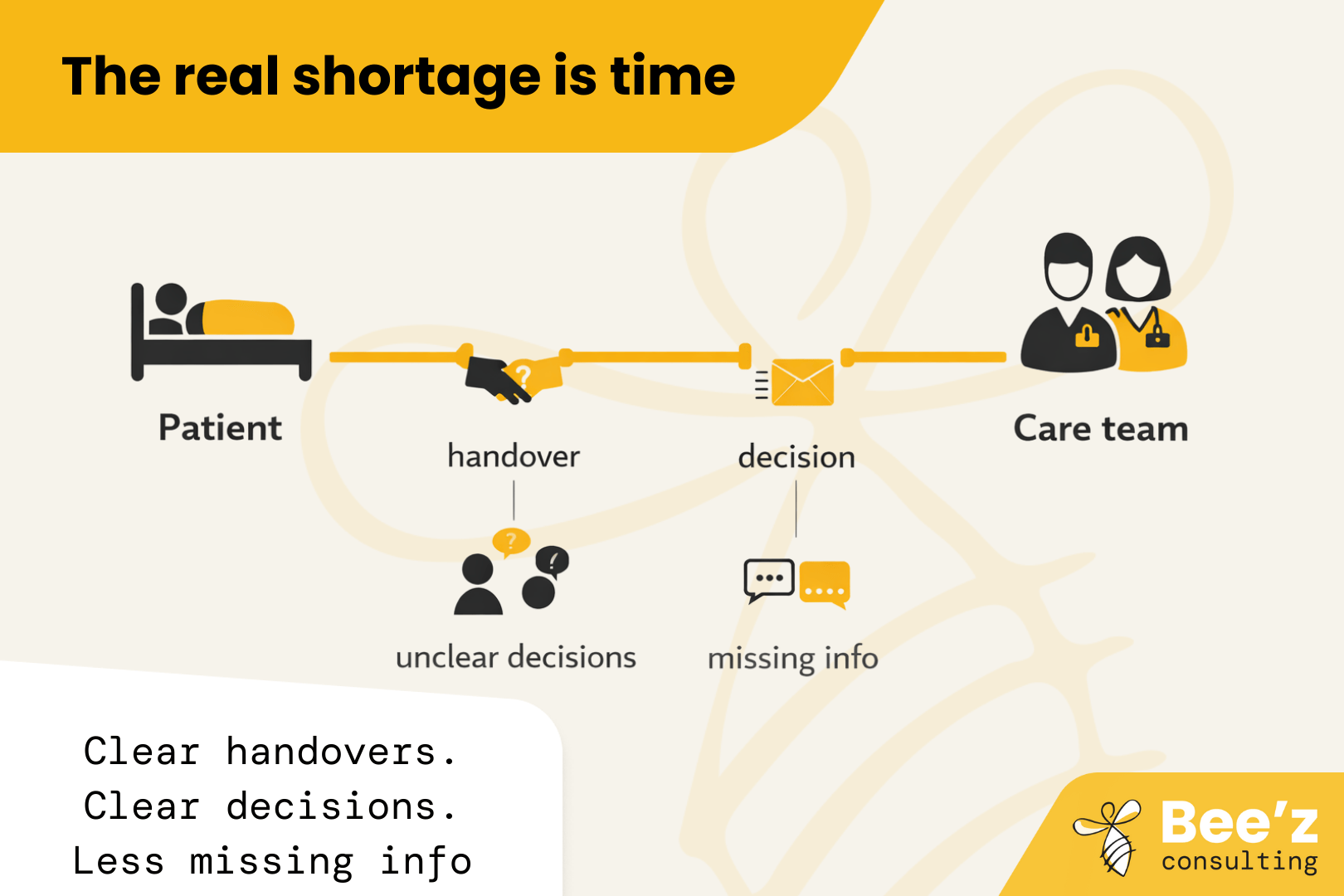
In the healthcare industry, employee engagement is a cornerstone of delivering exceptional patient care, enhancing operational efficiency, and fostering a positive work environment. Engaged healthcare professionals are not only passionate and committed but also contribute to improved productivity, performance, and overall well-being. When employees feel valued, respected, and empowered, it drives loyalty and significantly reduces turnover rates.
Creating a culture of engagement is not an instantaneous process—it’s a continuous journey that involves commitment from leadership, management, and the employees themselves. Today’s workforce is searching for more than just a paycheck; they seek meaningful work, work-life balance, and a culture that aligns with their personal values and aspirations.
Studies show that highly engaged teams experience:
For healthcare organizations, focusing on engagement translates to not only happier staff but also better patient outcomes.
The healthcare sector is undergoing rapid changes, driven by technological advancements and evolving patient expectations. Modern healthcare professionals desire more than just competitive salaries—they want meaningful contributions, opportunities for growth, and workplaces that reflect their values.
Healthcare organizations must adapt their engagement strategies to meet these evolving expectations. This involves understanding key workforce drivers such as:
To foster a culture of engagement, healthcare organizations must move beyond traditional approaches. Here are three innovative strategies to consider:
Incorporating gamification elements such as points, leaderboards, and rewards into routine tasks can transform mundane activities into engaging experiences. This approach not only motivates staff but also promotes learning and skill mastery in a fun, interactive way. Hospitals are beginning to use gamification for training, wellness challenges, and collaborative problem-solving.
Technology can empower staff by giving them a voice in decision-making processes. Digital platforms for feedback, internal social networks, and real-time communication tools allow healthcare professionals to share their perspectives, collaborate more efficiently, and contribute to organizational improvements.
Just as patient care is personalized, so too should be the work experience for healthcare staff. Offering flexible schedules, customized career development plans, and individual recognition helps create an environment where each team member feels valued and understood.

To achieve true engagement, healthcare organizations must embed it into their core culture. This involves:
Healthcare leaders who prioritize these elements are more likely to inspire loyalty, boost morale, and improve both patient care and staff retention.
At Bee'z Consulting, we specialize in crafting customized engagement strategies that align with your healthcare goals. We understand the complexities of the healthcare environment and are dedicated to helping you build a culture that supports your team and enhances patient outcomes.
Contact Bee'z Consulting today for a complimentary strategy session and discover how you can boost productivity and satisfaction within your clinic or hospital.
Bee'z Consulting – Your Partner in Healthcare Transformation.


AI is already inside hospital workflows. Learn how CEOs, COOs, CIOs, and CTOs can govern it in Switzerland and the EU, and build proof of control fast.


Patient experience starts before the bedside. Fix staff-to-staff handovers with two simple habits that cut friction, boost clarity, and build trust fast.


The real shortage is time with patients. “Thrive” is the missing lever. Fix daily workflow friction so hiring and retention finally pay off.
